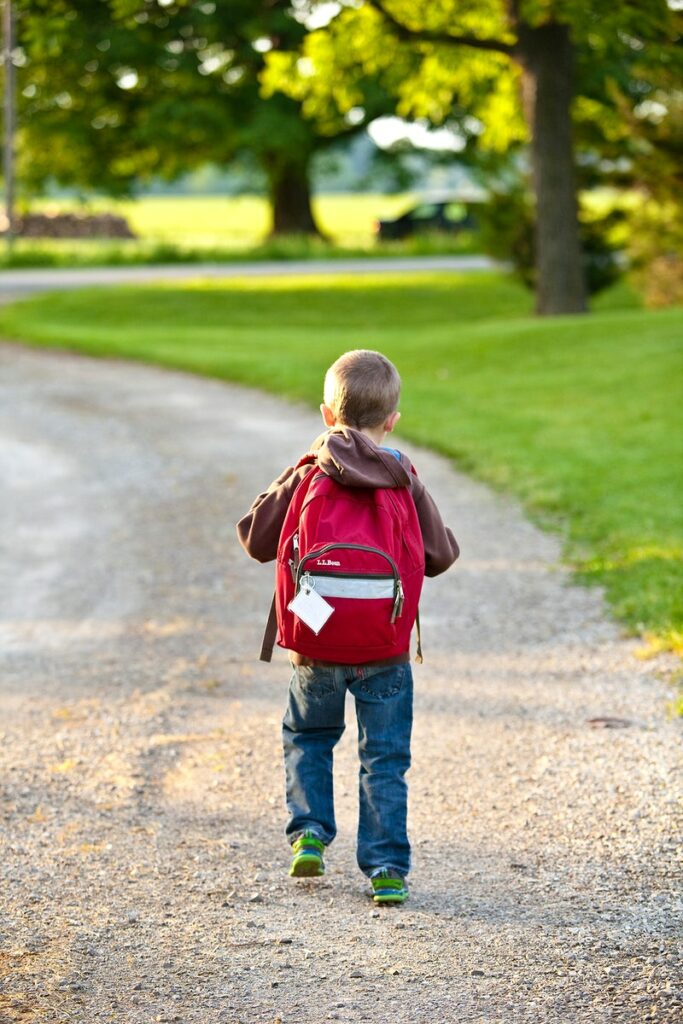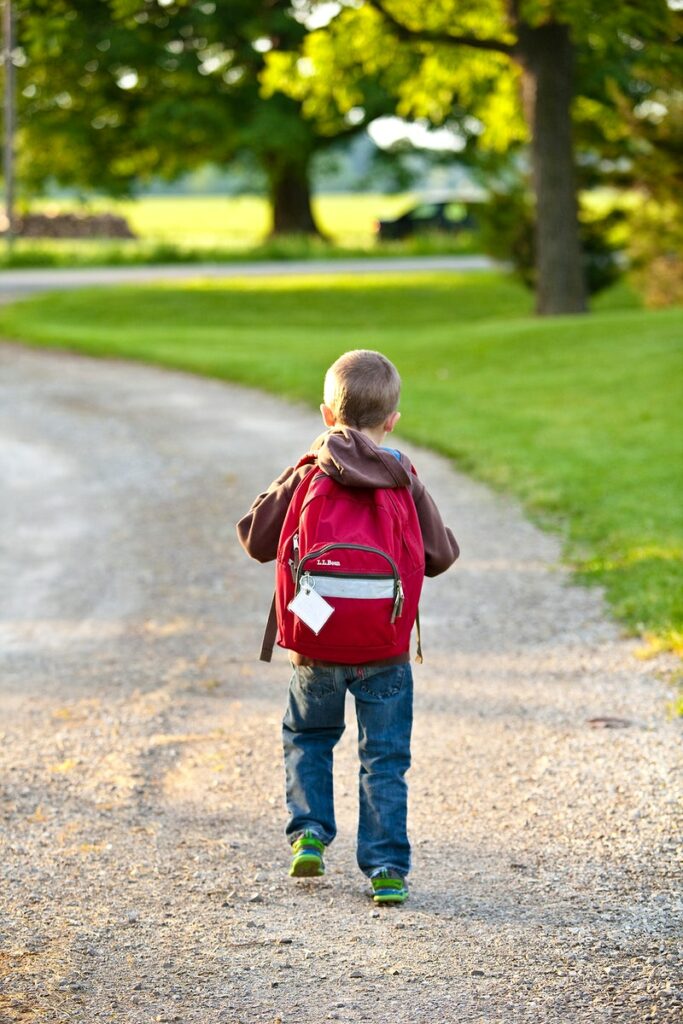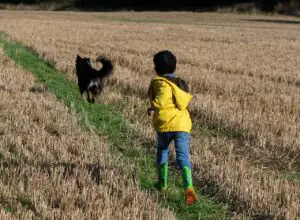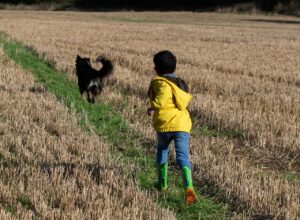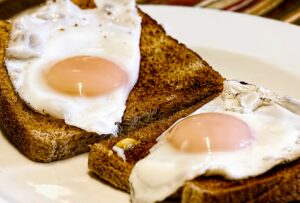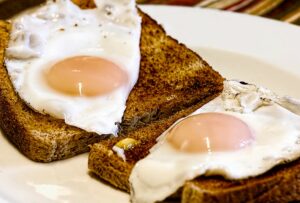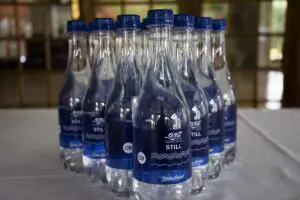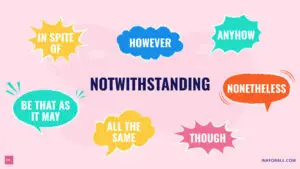Tenses are a wide topic in English Grammar since there are so many types and sub-types. In this article, however, we’re going to take look into past perfect simple tense examples.
An action that took place in the past is known as past perfect simple tense.
Let us look at a few past perfect simple tense examples and FAQS along with explanations for a better understanding.
Past perfect simple tense sentences
- I had walked five miles without a break.
- He had talked to me about it.
- I had slept for only three hours.
- We had eaten three sandwiches each.
- I finally had beaten the game’s high score.
- I had cried all morning after losing my diary.
- We had not laughed that much in a while.
- The people had rioted on the streets.
- The workers had protested unfavorable labor laws.
- She had studied in Canada for three years.
- My family had continued the tradition for years.
- The man had judged the woman too quickly.
- We had sat down since we got tired.
- She had stood in the heat for them.
- He had smiled at me from far.
- He had frowned at the prospect of losing everything.
- The dog had obeyed his master’s instructions.
- The man had instructed his dog to sit.
- We had watched the game in the stadium.
- She had drawn the scene from memory.
- We had painted stars all night.
- They had swum from across the lake to come to us.
- We had played three different games that evening.
- The robber had run as fast as he could.
- We had jogged around the park three times.
- She had cut her finger while chopping vegetables.
- He had folded the document neatly.
- The movie character had done a bad thing.
- The university had waived my fees.
- They had dragged him to court for misdemeanor.
- We had driven all the way, only for the restaurant to be closed.
- The merchant had travelled far and wide.
- The barista had spelled my name wrong.
- We had washed our own plates.
- She had written him a letter years ago.
- He hadn’t read the book yet.
- We had created a brochure for our course.
- The player had made it to the semi-finals.
- The party had arrived an hour late.
- She had left the ceremony before it was over.
- The student had opened his bag to take out a book.
- They had closed the salon earlier than usual.
- She had started her day with a cup of coffee.
Past perfect simple tense examples
1. I had walked five miles without a break.
The term ‘had walked’ is a past perfect simple tense example.
2. He had talked to me about it.
The term ‘had talked’ is a past perfect simple tense example.
3. I had slept for only three hours.
The term ‘had slept’ is a past perfect simple tense example.
4. We had eaten three sandwiches each.
The term ‘had eaten’ is a past perfect simple tense example.
5. I finally had beaten the game’s high score.
The term ‘had beaten’ is a past perfect simple tense example.
6. I had cried all morning after losing my diary.
The term ‘had cried’ is a past perfect simple tense example.
7. We had not laughed that much in a while.
The term ‘had not laughed’ is a past perfect simple tense example.
8. The people had rioted on the streets.
The term ‘had rioted’ is a past perfect simple tense example.
9. The workers had protested unfavorable labor laws.
The term ‘had protested’ is a past perfect simple tense example.
10. She had studied in Canada for three years.
The term ‘had studied’ is a past perfect simple tense example.
11. My family had continued the tradition for years.
The term ‘had continued’ is a past perfect simple tense example.
12. The man had judged the woman too quickly.
The term ‘had judged’ is a past perfect simple tense example.
13. We had sat down since we got tired.
The term ‘had sat’ is a past perfect simple tense example.
14. She had stood in the heat for them.
The term ‘had stood’ is a past perfect simple tense example.
15. He had smiled at me from far.
The term ‘had smiled’ is a past perfect simple tense example.
16. He had frowned at the prospect of losing everything.
The term ‘had frowned’ is a past perfect simple tense example.
17. The dog had obeyed his master’s instructions.
The term ‘had obeyed’ is a past perfect simple tense example.
18. The man had instructed his dog to sit.
The term ‘had instructed’ is a past perfect simple tense example.
19. We had watched the game in the stadium.
The term ‘had watched’ is a past perfect simple tense example.
20. She had drawn the scene from memory.
The term ‘had drawn’ is a past perfect simple tense example.
21. We had painted stars all night.
The term ‘had painted’ is a past perfect simple tense example.
22. They had swum from across the lake to come to us.
The term ‘had swum’ is a past perfect simple tense example.
23. We had played three different games that evening.
The term ‘had played’ is a past perfect simple tense example.
24. The robber had run as fast as he could.
The term ‘had run’ is a past perfect simple tense example.
25. We had jogged around the park three timess.
The term ‘had jogged’ is a past perfect simple tense example.
26. She had cut her finger while chopping vegetables.
The term ‘had cut’ is a past perfect simple tense example.
27. He had folded the document neatly.
The term ‘had folded’ is a past perfect simple tense example.
28. The movie character had done a bad thing.
The term ‘had done’ is a past perfect simple tense example.
29. The university had waived my fees.
The term ‘had waived’ is a past perfect simple tense example.
30. They had dragged him to court for misdemeanor.
The term ‘had dragged’ is a past perfect simple tense example.
31. We had driven all the way, only for the restaurant to be closed.
The term ‘had driven’ is a past perfect simple tense example.
32. The merchant had travelled far and wide.
The term ‘had travelled’ is a past perfect simple tense example.
33. The barista had spelled my name wrong.
The term ‘had spelled’ is a past perfect simple tense example.
34. We had washed our own plates.
The term ‘had washed’ is a past perfect simple tense example.
35. She had written him a letter years ago.
The term ‘had written’ is a past perfect simple tense example.
36. He hadn’t read the book yet.
The term ‘hadn’t read’ is a past perfect simple tense example.
37. We had created a brochure for our course.
The term ‘had created’ is a past perfect simple tense example.
38. The player had made it to the semi-finals.
The term ‘had made’ is a past perfect simple tense example.
39. The party had arrived an hour late.
The term ‘had arrived’ is a past perfect simple tense example.
40. She had left the ceremony before it was over.
The term ‘had left’ is a past perfect simple tense example.
41. The student had opened his bag to take out a book.
The term ‘had opened’ is a past perfect simple tense example.
42. They had closed the salon earlier than usual.
The term ‘had closed’ is a past perfect simple tense example.
43. She had started her day with a cup of coffee.
The term ‘had closed’ is a past perfect simple tense example.
Here are a few more examples that follow the same rules as explained in the above sentences.
44. I had finished reading the book in two days.
45. He had embarrassed me in front of everyone.
46. The long tasks had tired us all out.
47. My professor had challenged my perspective on life.
48. We had calmed him down before his exam.
49. The news about the criminal had frightened us.
50. The mass email had confused us all.
51. My friend had texted me to go meet her.
52. My sister had called me to her room.
53. He had exercised twice that day.
54. They had said that they wouldn’t help.
55. The mischievous kid had drilled a hole into the wall.
56. My friend had asked me for my advice.
57. We had prayed for his speedy recovery.
58. My friend and I had danced all night.
59. We had sung so many songs, that our throats went sore.
60. My brother had sketched a portrait of our grandmother.
61. I had relaxed after a very long week of work.
62. She had processed the information slowly.
63. About twenty people had registered for our course.
64. They had administered is medical records.
65. My mother had taught me to never give up.
66. Our professor had lectured us on the topic of world literature.
67. He had preached a lot of unreasonable points to us.
68. I had loved that particular film a lot.
69. She had professed her disdain for working overtime.
70. We had liked the same dress.
71. We all had disliked the new boss since the beginning.
FAQS
What is past perfect simple tense?
A past perfect simple tense is a verb, simply in the past tense wherein the action took place and got over with in the past itself.
Where to use past perfect simple tense?
Past perfect simple tense is to be used in sentences where a past action of a noun at hand need to be indicated.
When to use past perfect simple tense?
A past perfect simple tense can be used when the need for describing a past action arises.
Why to use past perfect simple tense?
Past perfect progressive tense should be used because it helps a reader, writer or user of English to figure out the timeline of an action that took place in the past.
How to use past perfect simple tense?
Past perfect simple tense can be used when someone wants to showcase a certain complete action of the past by turning the root word or the ‘present participle’ into a ‘past participle’.
Past perfect simple tense structure
- The past perfect simple tense has a simple structure wherein a present participle is turned into a past participle, most times by adding ‘-ed’ or at the end of the root word.
- However, not all past participles end in ‘-ed’.
- Sometimes the past participle of a verb remains the same the same as the present participle.
- The past participle is usually preceded by the word ‘had’ or ‘had not’.
Past perfect simple tense formula
The past perfect simple tense formula is “had + past participle”.
